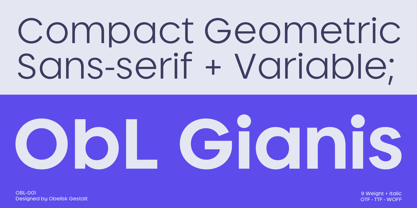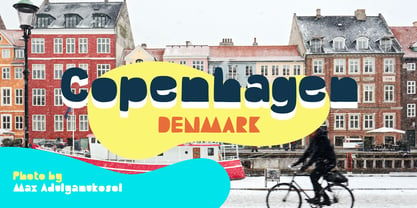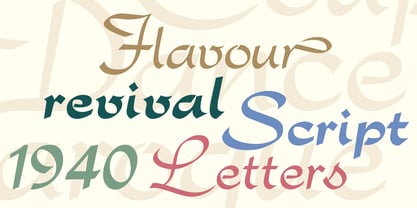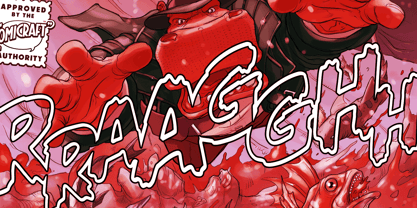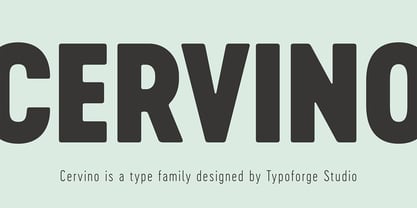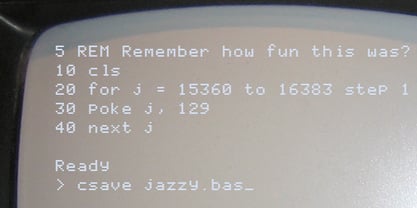10,000 search results
(0.08 seconds)
- Abaddon™ - Unknown license
- SF RetroSplice Shaded - Unknown license
- rockdafonkybit - Personal use only
- Holitter Forge - 100% free
- Surf Punx - Unknown license
- Comic Strip MN - Unknown license
- Albatross - Unknown license
- Deng Thick - Unknown license
- Jumbo - 100% free
- Induction - Unknown license
- Nonstop - Unknown license
- Shadow of Xizor - Unknown license
- Spacebeach - Personal use only
- Sk8ordye - Unknown license
- Yahoo!© - Unknown license
- Quadaptor - Unknown license
- Moby - Unknown license
- Ben Brown - Unknown license
- Metro-Retro - 100% free
- Shoguns Clan - Unknown license
- Tozuna - Personal use only
- Masterforce Solid - Unknown license
- Rasstapp 1.0 - Unknown license
- CRAY AN? - 100% free
- GUNBATS - Unknown license
- Loud noise - Unknown license
- Rock ‘n Roller - Unknown license
- Big Blocko - Unknown license
- SF Speakeasy Shaded - Unknown license
- 1-2-3 GO! - Personal use only
- Gianis by Obelisk Gestalt,
$34.00 - Hello Walter by Fonts of Chaos,
$14.00 - Minuet by Canada Type,
$24.95 - Maassslicer3D - 100% free
- Elbaris - 100% free
- Nomitais - 100% free
- Quirkus Out - 100% free
- Shark Snack by Comicraft,
$19.00 - Cervino by Typoforge Studio,
$29.00 - WL Rasteroids Old by Writ Large,
$5.00






























